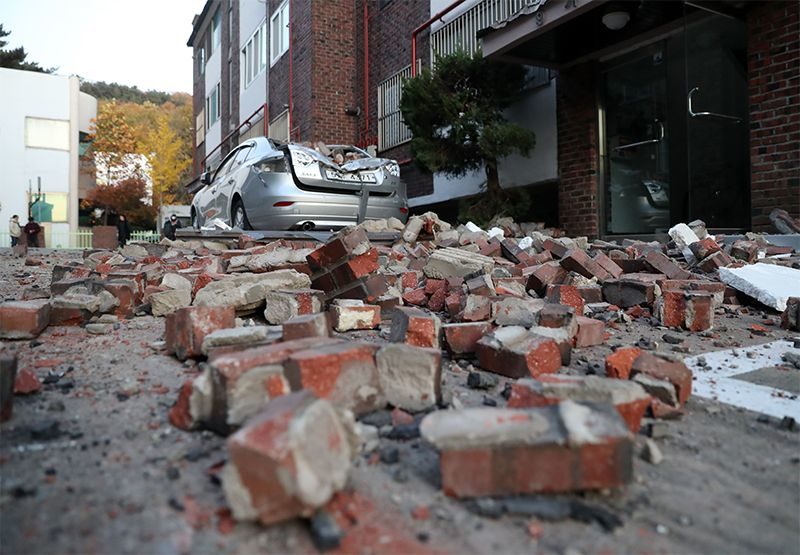
Unlike conventional geothermal plants, which extract energy directly from hot underground water or rock, the Pohang power plant injected fluid at high pressure into the ground to fracture the rock and release heat - a technology known as an enhanced geothermal system. This pressure caused small earthquakes that affected nearby faults, and eventually triggered the bigger 2017 quake, the panel found.
The quake was the nation's second strongest and its most destructive on modern record - it injured 135 people and caused an estimated 300 billion won (US$290 million) in damage. The nation's Ministry of Trade, Industry and Energy, which had provided funding for the plant, said in a statement that it accepts the panel's findings and "expresses deep regret" to the citizens of Pohang who were harmed by the event.
The ministry announced that it would dismantle the power plant, restore the site to its original condition, and invest 225.7 billion won to repair infrastructure in the hardest-hit area. The results support the findings of a pair of studies published in Science1,2 last year, which suggested the plant as a likely cause of the quake.
Earthquakes have been linked to geothermal power plant in other parts of the world. But the Pohang quake is by far the strongest ever tied to this kind of plant - 1,000 times mightier than a magnitude-3.4 quake triggered by a plant in Basel, Switzerland, in 2006.
References
- 1.Grigoli, F. et al. Science 360, 1003-1006 (2018).
- 2.Kim, K.-H. et al. Science 360, 1007-1009 (2018).



Comment: With a process quite similar to fracking, what did they expect? And in times like these, where the very ground beneath our feet is proving to be increasingly unstable - with a rise in sinkholes, major earthquakes, gaping fissures and landslides - it's a reckless endeavor: